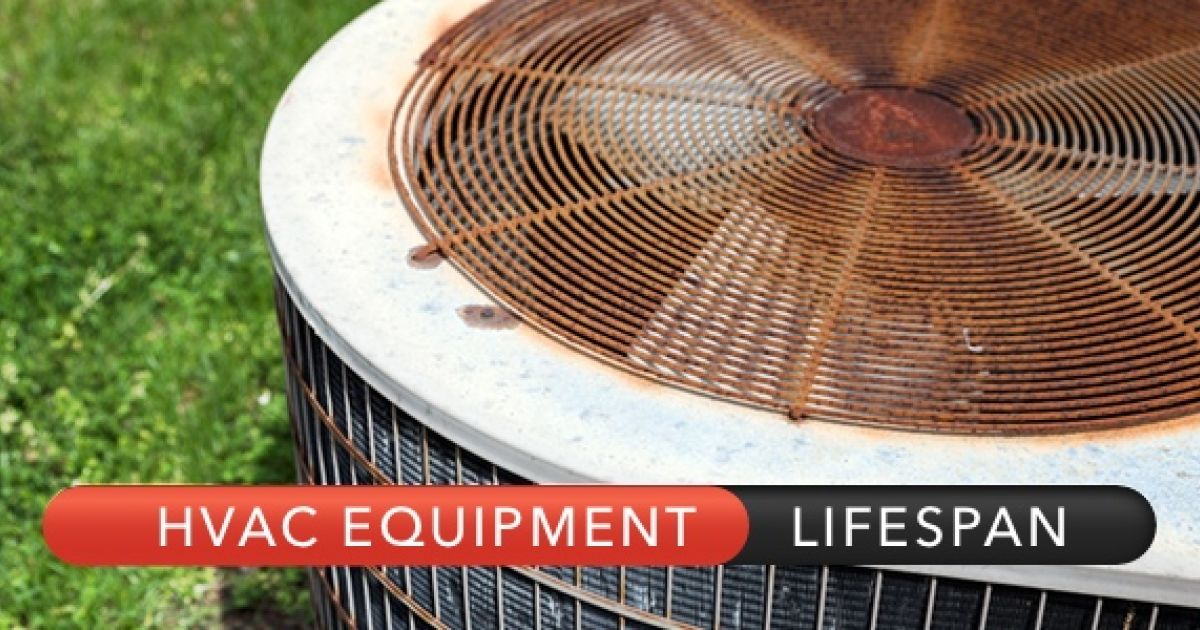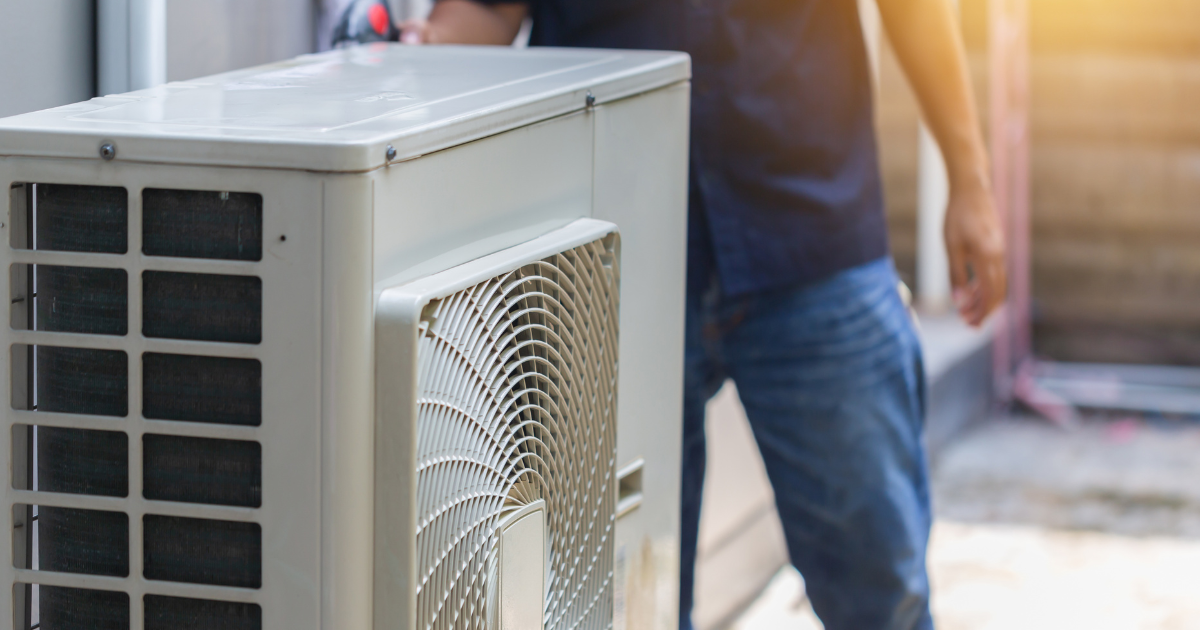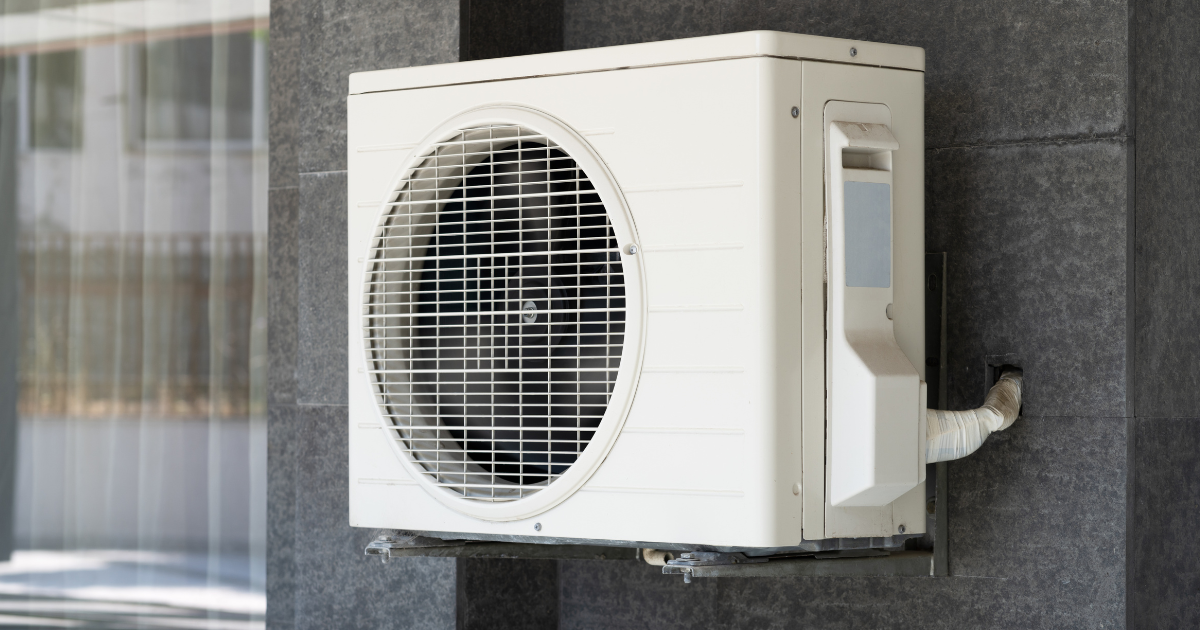How Long Can Your HVAC Unit Last?
Heating, ventilation, and air conditioning (HVAC) equipment is some of the most expensive item in your home, but they carry a pretty heavy workload. Think about it—these systems run around the clock many months of the year and yet are thought of very little. Many times homeowners do not even think about HVAC systems unless something is wrong or there is a calendar reminder for a maintenance appointment.
Understanding the ways these systems work goes a long way toward keeping them in running order, and for as long as they are designed to operate. Knowing the lifespan of HVAC equipment can also help you prepare in advance for any expected repair or replacement costs.
With that in mind, let’s take a look at some of the most common HVAC equipment and their expected average lifespans. These figures were taken from a study by the National Association of Homebuilders (NAHB).
| HVAC Equipment | Median Lifespan |
| Air Conditioners | 10-15 Years |
| Air Quality Systems | 15 Years |
| Boilers | 13-20 Years |
| Dehumidifiers | 8 Years |
| Diffusers, Grilles and Registers | 25 Years |
| Ducting | 10 Years |
| Furnaces | 15-20 Years |
| Heat Pumps | 16 Years |
| Heat recovery ventilators | 20 Years |
| Humidifiers | 8 Years |
| Induction and fan-coil units | 10-15 Years |
| Radiant heater (electric) | 30-40 Years |
| Radiant heater (steam) | 15 Years |
| Thermostats | 35 Years |
| Ventilators | 7 Years |
| Water heaters | 10-20 Years |
The Role of Proper Maintenance in HVAC Equipment Lifespans
These lifespan figures are averages and shouldn’t be viewed as set in stone. Depending on how often you use the equipment, your climate, and how often you maintain it, yours can last for more or less time.
Homeowners who take impeccable care of their HVAC systems can expect longer lifespans, and those who neglect basic maintenance and tune-ups can shave a few years off (and will also pay more over the lifespan in inefficiencies and damage). The best way to get the most out of all of your HVAC equipment is through routine (at least yearly) maintenance performed by certified HVAC technicians. There are also some things you can do on your own to extend that lifespan.
Change filters regularly. This is the easiest part of maintaining an HVAC system, yet so often neglected. Set a phone reminder to do it monthly during the peak operating season, and every other month the rest of the year. A clean filter that catches debris means an HVAC unit that does not have to work as hard and will last longer. If you are unsure how to change the filters on your units, ask a technician when he or she comes for a tune-up.
Give your heating and cooling systems a break. Bump up the thermostat on summer days when everyone is at work or school to give the air conditioner a break, and do the same in the winter months by turning down your furnace during low-use periods. Allowing your systems at least some time to recover and it will extend the lifespan.
Be energy efficient. Find simple ways every day to conserve energy in your home. Agree to a household temperature that is higher or lower by a few degrees than you have in the past. Close windows and doors when the furnace or air conditioning unit is running.
All of these small behaviors add up to big utility savings and will also mean a longer lifespan for HVAC units and parts.
By treating your HVAC systems like the necessary element of your home that they are, you can drive down the cost of having to replace them. Cost aside, having efficient HVAC equipment improves the quality of life in your home, keeping you and your family comfortable and safe during all seasons of the year.

Bob Jenson
For over 45 years, Bob Jenson has been providing quality heating and air services to the San Diego community.
Request Service
Please fill out the form below to request an estimate or schedule service.
"*" indicates required fields







